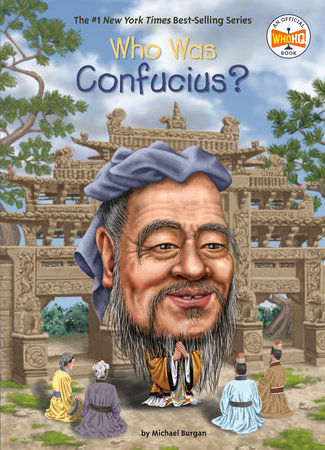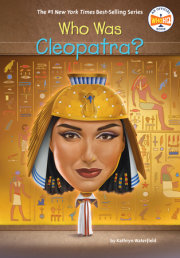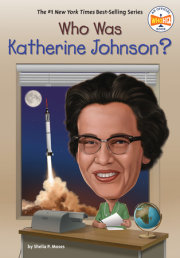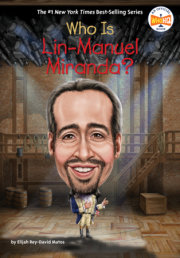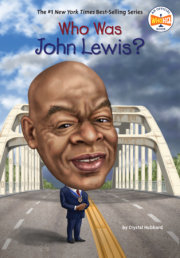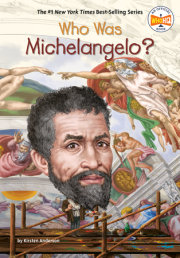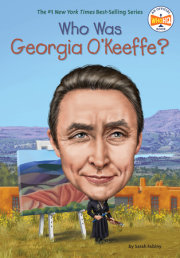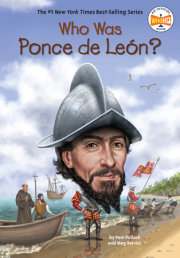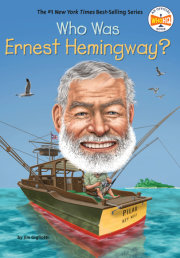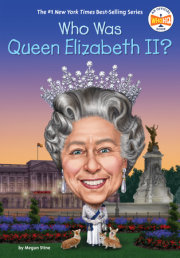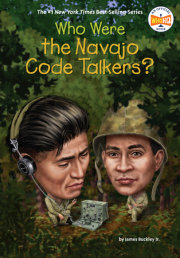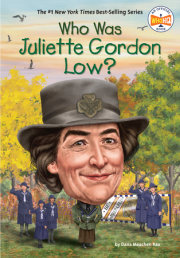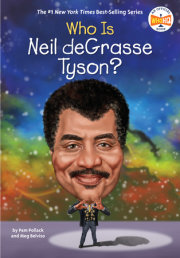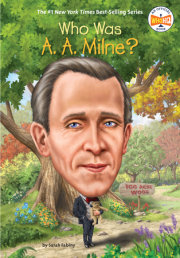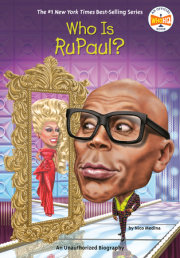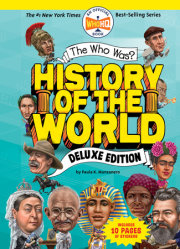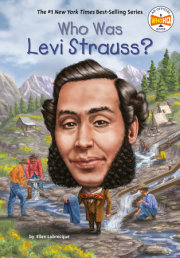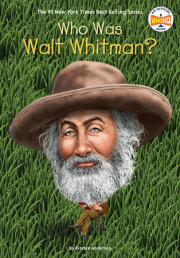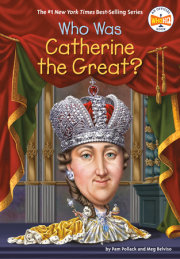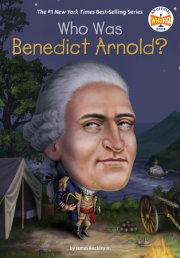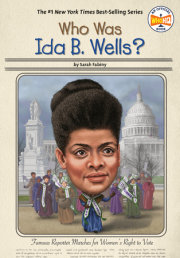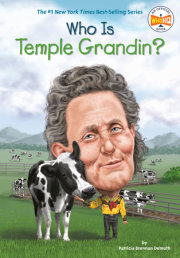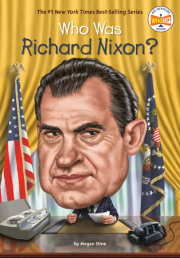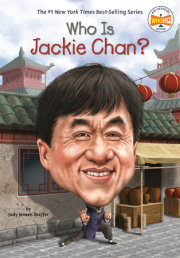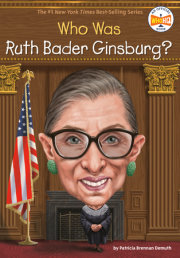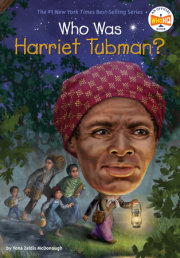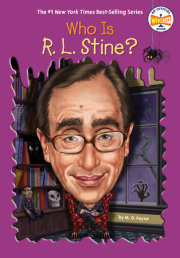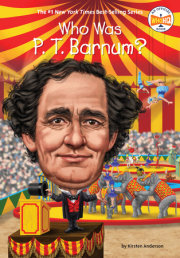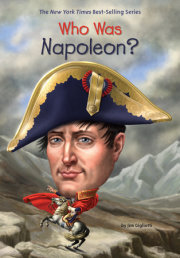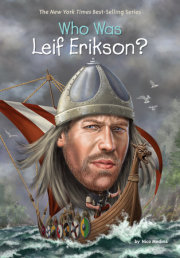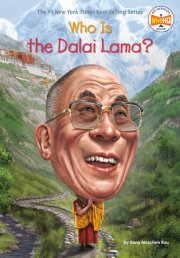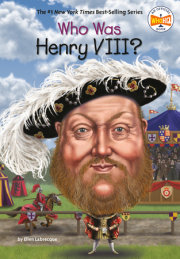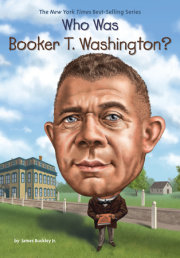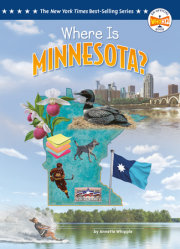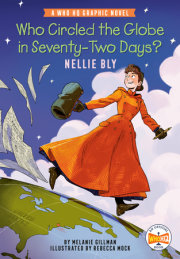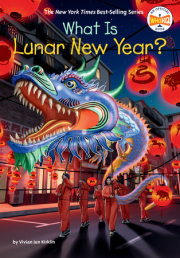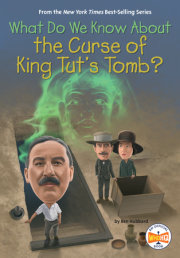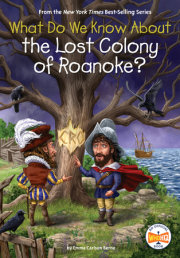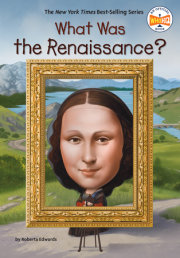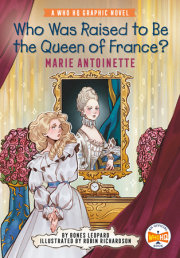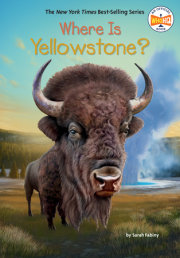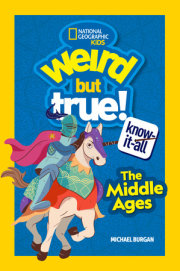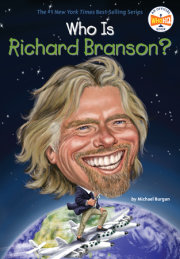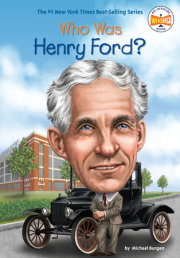Who Was Confucius? Some people in the city of Qufu might have been a little puzzled by the young boy named Kong Qiu. He lived there almost 2,600 years ago, and even then, children enjoyed playing with toys. Kong Qiu, though, was different. Starting at a very young age, he seemed to always consider the best way to behave. He also closely followed religious teachings and the traditions that went along with them. Kong Qiu was said to take dishes from his mother’s kitchen and pretend they were the sacred bowls used in the religious ceremonies that he saw adults performing.
In Kong Qiu’s time, Qufu was the capital of an independent state called Lu, one of many small states in what is now China. Across the country, people believed that they should honor their parents and the relatives who came before them. That belief was a main part of the religious traditions of the day.
Like many children at that time, Kong Qiu began to learn all he could about the religious practices. He also learned songs that taught him about the plants and animals that were native to his region. Other songs described historical events or shared moral lessons. They helped Kong Qiu learn how to tell right from wrong. The boy believed he should always try to do what was right and speak up when others did something wrong. He thought everyone should behave this way.
As he grew older, Kong Qiu wanted to learn even more about religion, history, and how to behave in the most respectable way. He then set out to teach others about the importance of knowing right from wrong. He especially wanted to explain his beliefs to the rulers of the states around Lu. But as he did so, Kong Qiu learned that dukes and government officials of the smaller regions within the empire did not always want to listen to what he had to say! They often chose to do what was best for themselves instead of what was good for all their citizens.
Still, Kong Qiu found students who were eager to learn. They started to call him Kong Fuzi—-that’s Chinese for “Master Kong.” His students later became teachers, too, and their students helped spread Kong Fuzi’s teachings across China. Over the centuries, his ideas reached other parts of Asia as well.
Today, Kong Fuzi is also known as Confucius. He is considered one of the greatest thinkers and teachers ever. His ideas are rooted in the history of ancient China, but millions of people still embrace them as wise words. His teachings explain how to treat others well and live a good life.
Chapter 1: A Willing Student Shuliang He Kong was a great warrior. Stories about his life say he was more than six feet tall, which would have made him seem like a giant in ancient China. He was also very strong. Once, he saved the lives of fellow soldiers by holding up a heavy gate that was about to trap the men inside an enemy castle. He was well--known in the state of Lu.
Shuliang He’s family name was Kong, and his great--grandfather had come to Lu from the nearby state of Song. The Kongs had been a wealthy, well--respected family in Song, and some members held important positions in the government. But over time, they lost both their wealth and their power. For a time, Shuliang He held a minor government post in Lu, but his family did not have the privilege and respect the earlier Kongs did.
Shuliang He had one son and nine daughters by his first wife. But as he got older, he decided he wanted to try to have a second son because his first son couldn’t become his heir due to a foot problem. He married a second wife, named Zhengzai, and in 551 BCE, she did have a son. The baby had a bump on his head, so his mother named him Qiu (say: CHEW), which means “mound.” In China, a person’s family name comes first, so he was called Kong Qiu. His father’s full name was actually Kong Shuliang He.
Kong Qiu was just three years old when his father died. Shuliang He didn’t leave much money to Zhengzai and her son. Most of the little wealth the warrior had seemed to go to his first family. So the young boy with ties to what was once a powerful family faced a difficult childhood. He and his mother struggled to survive. But Zhengzai made sure that Kong Qiu learned all the important religious customs, especially the need to honor his father and other relatives who had died.
Besides what he learned from his mother, Kong Qiu may have taken classes at a local school. But he wanted to know even more. When he was older, he wrote, “At fifteen I set my heart on learning.” He thought people needed an education. But Confucius didn’t think people should boast about how smart they were. He felt they should take what they learned and help those in need.
Kong Qiu never described his education in detail, but he certainly read about the history of earlier Chinese rulers. Some five hundred years before Kong Qiu was born, the Zhou family established an empire in eastern China, near the Wei River. The Zhou emperors believed that heavenly powers shaped the universe and had chosen them to rule. This idea was called the Mandate of Heaven. Over the centuries, however, the Zhou family’s power began to weaken. By around 771 BCE, the Zhou capital had moved east, to what is now China’s Henan Province.
While the Zhou rulers still claimed the Mandate of Heaven, some of the more important families who were supposed to be loyal to them sought greater independence. And sometimes the heads of those families, who had the title of “duke,” battled one another for land and wealth. Adding to the troubles, families within the smaller states sometimes fought one another as they tried to overthrow a ruling family and put themselves in power. Because of these warring dukes, Kong Qiu grew up in a time of great conflict and uncertainty. Before and during his life, about fifty small states were taken over by their more powerful neighbors.
Kong Qiu was a good student who knew what was happening in the lands around Lu. And his studies of history showed him that China had been much more peaceful when the Zhou emperors lived in the west and commanded loyalty from the dukes. Kong Qiu believed that those early emperors had been wise men who upheld the religious rites and tried to help their people. The emperors at that time were smart enough to listen to educated advisers, who helped shape their policies. The young scholar thought the rulers of his day should act like the old emperors had. And he believed that he could become a skilled and trusted adviser who would help the rulers do what was best for their lands and their people.
When he was nineteen, Kong Qiu was married. Within several years, he and his wife had a son, and the news of the child’s birth reached Duke Zhao, the ruler of Lu. He probably knew that the Kong family had once been important, even if Kong Qiu had grown up poor. According to some stories, the duke presented Kong Qiu and his wife a gift of two carp—a type of fish. After receiving the duke’s gift, Kong Qiu named his son Li, the Chinese word for “carp.” He was later known as Boyu, which means “top fish.” Kong Qiu and his wife eventually had two daughters as well.
With his growing family, Kong Qiu had to stop his studies for a time and look for work. While he hoped one day he would be a trusted adviser to royal rulers, his first job was not so grand.
Chapter 2: Finding Work As an adult, Kong Qiu was tall, like his father, but he had no interest in becoming a soldier. Instead, he hoped to find a government job, work hard, and use his knowledge to help others. But a young man from a poor family couldn’t hope to start off in an important position. Government jobs were often given to the sons of wealthy families, even if they were not as bright as Kong Qiu. When he was offered a job with the Jisun family, one of the most important in Lu, Kong Qiu was glad to take it.
Kong Qiu recorded how much grain came into the Jisun warehouses and how much went out again. Along with recording how much grain was on hand, Kong Qiu had to make sure that insects or mice didn’t infest the warehouses and eat the crops. People stored their grain, after crops were harvested, to have it all year long.
Kong Qiu did his job well, and soon he received a promotion. He was put in charge of the wealthy family’s farm animals. He took his new job seriously, too. He said, “The oxen and sheep must be fat and strong and superior. That is all I have to care about.”
But outside of work, Kong Qiu did care about other things, especially making sure he carried out all the religious customs that dated back to the time of the Zhou. When his mother, Zhengzai, died around 527 BCE, he arranged for her funeral. His father had been buried east of Lu, though Kong Qiu didn’t know where. After he finally found the spot, he removed his mother’s body from her original grave and buried her again beside his father. He then mourned her death for three years, according to the traditions.
Copyright © 2020 by Penguin Random House LLC. All rights reserved. No part of this excerpt may be reproduced or reprinted without permission in writing from the publisher.

